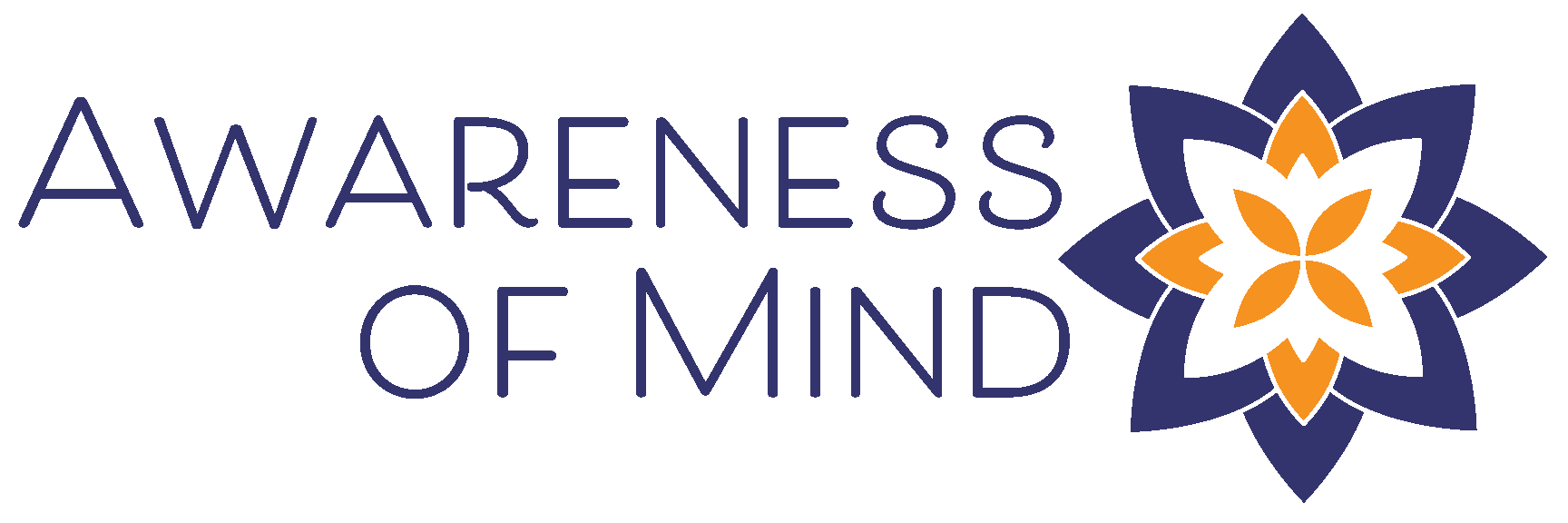In talking with an old colleague and good friend this past week, affirmations came up in our conversation. There was a shared sense that affirmations work even if they are a little hokey. I gave this further thought while teaching mindfulness and yoga to kindergarteners this week. I often begin the class with some stretching, our arms held out wide. Then we give ourselves a big hug and say “I am awesome”. This image might sound adorable and cute for kindergarteners but I imagine a bit hokey for us older, wise adults. To test your sense of hokiness, are you ready to stand up and give yourself a big hug and say “I am awesome”? Reflecting on these moments grew my curiosity about the science of affirmations.
An affirmation is defined as “emotional support or encouragement” (Oxford Languages Dictionary). Most often affirmations are called “positive affirmations”. The practice of positive affirmations or self-affirmations is saying a positive statement or mantra to yourself. It could be something like “I am amazing” or “I believe in myself and know I can do anything I set my mind to”. To practice positive affirmations for yourself, give thought to what do you need to remind yourself about yourself today. Is it strength, acceptance, positive attitude? Saying something about yourself you believe to be true or aligns with your values is most effective.
Health Benefits
The theory of self-affirmation was conceived by social psychologist Claude Steele, and research has been conducted to evaluate behavior as well as brain function as to whether there is scientific evidence to support self-affirmations. In short- there is.
Research indicates self-affirmations can:
- Decrease and lower stress
- Reduce anxiety
- Increase resiliency when dealing with a perceived threat or negative/painful message
- Improve performance in school or work
- Positively change behavior
- Increase physical activity
- Be more open-minded (for example, being open to hearing an opposing political view)
The Research
Several research studies have used functional magnetic resonance imaging (fMRI) to examine changes in the brain. One study led by Doctoral Candidate Christopher Cascio and Associate Professor Emily Falk found “that self-affirmation activates well-known reward centers in the brain” and “act as a kind of emotional buffer to any painful, negative, or threatening”. [source]
A research study focusing on the self-affirmations and physical activity found participants who made affirmations reported “significantly more physical activity, more positive attitudes towards physical activity, and higher intentions to be physically active”. [source]
One research study examined 80 undergraduates who felt chronically stressed. The results showed “that self-affirmation improved problem-solving performance in underperforming chronically stressed individuals”. [source]
Important to note, positive affirmations or self-affirmations work when you state something about yourself that aligns with your own values or beliefs about yourself. [source] For instance as Steve Rose, PhD, an addition counsellor shared so eloquently, “Insisting we are happy and successful does not make us feel more happy or successful if we don’t already feel that way.” [source]
Meditation
A Loving-Kindness Meditation (also known as metta) is a way to practice positive affirmations. In this type of meditation, one repeats a few lines sending positive thoughts to someone else and also to oneself. For example:
May you be happy.
May you be safe.
May you be healthy.
May you live with ease.
May I be happy.
May I be safe.
May I be healthy.
May I live with ease.
Practicing Affirmations
For ideas on affirmations, check out this write up by Positive Psychology sharing examples.
In sum, research studies have found positive affirmations do work and can be beneficial in a variety of ways. Is this enough for you to consider practicing positive affirmations in your daily life? If so, a simple way to begin is to relax in your seat at breakfast. Gently lower your eyelids and focus on your breath for 3 cycles. Next, think about a strength of yours or something about yourself you already know to be true and want more of it in your life. Don’t overthink it. You can write it down or repeat it throughout your day or work.
